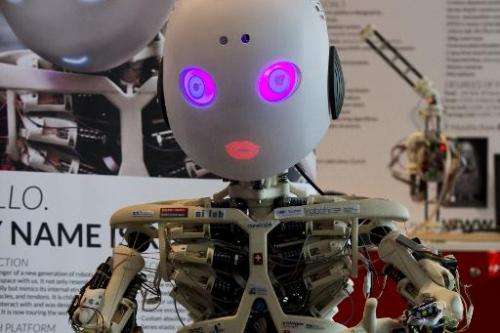Scientists urge artificial intelligence safety focus

The development of artificial intelligence is growing fast and hundreds of the world's leading scientists and entrepreneurs are urging a renewed focus on safety and ethics to prevent dangers to society.
An open letter was signed by famous physicist Stephen Hawking, Skype co-founder Jaan Tallinn, and SpaceX CEO Elon Musk along with some of the top minds from universities such as Harvard, Stanford, Massachusetts Institute of Technology (MIT), Cambridge, and Oxford, and companies like Google, Microsoft and IBM.
"There is now a broad consensus that artificial intelligence (AI) research is progressing steadily, and that its impact on society is likely to increase," the letter said.
"The potential benefits are huge, since everything that civilization has to offer is a product of human intelligence; we cannot predict what we might achieve when this intelligence is magnified by the tools AI may provide, but the eradication of disease and poverty are not unfathomable," it added.
"Because of the great potential of AI, it is important to research how to reap its benefits while avoiding potential pitfalls."
How to handle the prospect of automatic weapons that might kill indiscriminately, the liabilities of automatically driven cars and the prospect of losing control of AI systems so that they no longer align with human wishes, were among the concerns raised in the letter that signees said deserve further research.
The full text appears at futureoflife.org/misc/open_letter.
© 2015 AFP





















